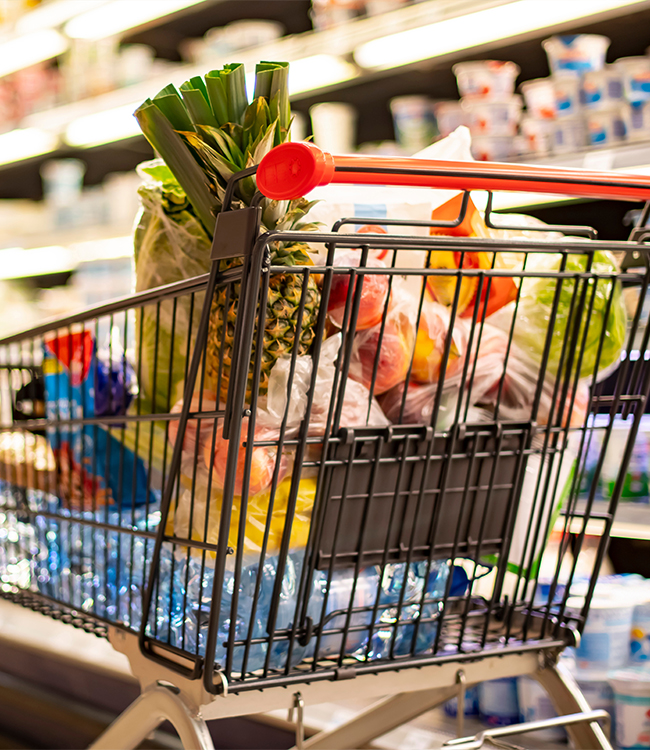With almost 80% of Indonesian consumers eating religious-compliant foods, the country is seeing the emergence of retailers operating according to Sharia law or Islamic precepts. Sharia Law is an ethical code of living to which many Muslims adhere; it includes worship, charity and family life. Sharia-based retailing is one of many manifestations of social change driven by the growing position of Islam in society.
Sharia-based mini-market chains like 212 Mart, Kita Mart, Sodaqo Mart and LEU Mart differentiate themselves from mainstream retailers, particularly by their strict adherence to selling only halal-certified products. Taking things a step further, 212 Mart, LEU Mart and Sadaqo Mart are vocal about not selling products that are seen as going against the teachings of Islam, such as cigarettes, contraceptives and alcoholic drinks.
In some instances, staff are trained to greet patrons using the Islamic greeting. In addition, as Muslims are obligated to perform prayers five times a day, some retailers facilitate this religious custom by closing their shop during these times to allow staff and customers to observe the adzan (call to prayer).
Sharia-based retailers have a mission to support Muslim entrepreneurs and the Muslim economy. These retailers provide Muslim-owned small- and medium-sized enterprises with preferential access to shelf space. The support given by Sharia-based retailers helps to incubate smaller brands and provides them the chance to grow alongside the retailers’ store network expansion.
The halal-only policy also gives Sharia-based retailers an added advantage when competing with other stronger mainstream mini-markets. Shopping at Sharia-based retailers can help Muslim consumers feel they have better assurance and higher confidence in the halal status of the food and beverages sold. Companies that can provide halal certifications on food are also improving accessibility to more adventurous food.
Retail Giants Will Need to Respond
Indomaret and Alfamart are well entrenched in Indonesia’s fast-growing mini-market sector, both collectively owning almost 40,000 stores by mid-2023. However, they are at risk of losing some of their existing clients to Sharia-based retailers, specifically if they become disconnected from the move towards products and services that are more attuned to the needs of Muslim consumers. Small-format retail, usually in stores no larger than the size of a mini-market, is the preferred choice for many Sharia-based retailers due to their low entry barrier and investment. This store format is also growing in popularity, tapping into the rise of proximity shopping.
The growth of neighbourhood shopping is set to see continuity and this trend will benefit smaller-sized retailers such as mini-markets, including sharia-based retailers and convenience stores, as consumers upgrade to a more modern shopping experience. Additionally, with the banning of social commerce like TikTok Shop smaller businesses are further protected.
Looking Ahead with Mintel
Sharia retailers are evolving and growing, fuelled by the deepening Islamisation of Indonesia’s society. This, combined with competition from Sharia retailers, may put pressure on secular retailers to rethink their range of products and marketing messages to possibly include more Islamic-inspired products or organise activities centred around Islamic forms of charity.
Sharia retailers can serve as a conduit for small Muslim-owned brands to go national in Indonesia. Before that can happen, however, these retail chains will need to overcome barriers such as distribution and logistics. Sharia retailing still has a ways to go before becoming mainstream, but it provides a group of consumers with an option that matches their lifestyle.
Align with the latest trends in consumer behaviour by exploring our extensive Retail Market Research today.
Subscribe to our newsletter, Spotlight, to get free content and insights delivered directly to your inbox.

































